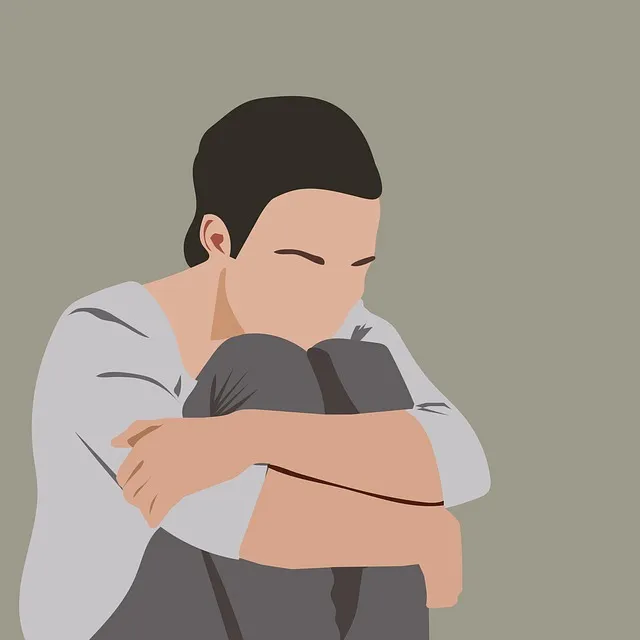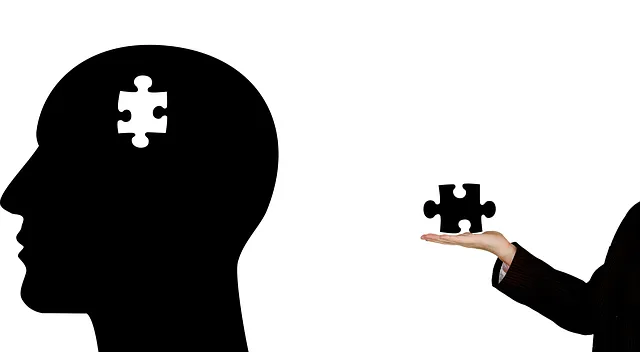The Kaiser Permanente behavioral health center Englewood offers a nuanced approach to stress management, recognizing its complex nature and cultural influences. They provide tailored care through methods like Cognitive Behavioral Therapy (CBT), mindfulness, meditation, physical activity, and social support networks. CBT, backed by evidence, teaches practical skills for stress reduction. Mindfulness practices promote inner peace and improve mental health outcomes. Physical activity releases endorphins, enhancing mood and clarity. Social connections foster emotional support and healthy coping mechanisms. The center's holistic approach, emphasizing cultural sensitivity, personalized treatments, and community engagement, significantly contributes to improved mental wellness.
Stress reduction is a vital aspect of maintaining mental and physical well-being, especially in today’s fast-paced world. At Kaiser Permanente Behavioral Health Center Englewood, experts delve into various methods to help individuals manage stress effectively. This comprehensive guide explores evidence-based techniques, including Cognitive Behavioral Therapy (CBT), mindfulness practices, the power of movement through physical activity, and the healing benefits of social connections. By understanding the causes and impacts of stress, you’ll discover practical tools to navigate life’s challenges with resilience.
- Understanding Stress: Its Causes and Impact at Kaiser Permanente Behavioral Health Center Englewood
- Cognitive Behavioral Therapy (CBT): A Powerful Tool for Stress Management
- Mindfulness and Meditation Practices to Reduce Daily Strain
- Physical Activity and Exercise as a Natural Stress Reliever
- Social Connection and Support Networks: Building Resilience Against Stress
Understanding Stress: Its Causes and Impact at Kaiser Permanente Behavioral Health Center Englewood

At Kaiser Permanente Behavioral Health Center Englewood, understanding stress goes beyond recognizing its effects on individuals; it involves delving into its multifaceted causes and impacts. Stress is a complex response triggered by various internal and external factors, such as work pressures, personal relationships, financial concerns, or traumatic events. This comprehensive behavioral health center recognizes that stress can manifest differently across diverse populations, highlighting the importance of cultural sensitivity in mental healthcare practice.
The Kaiser Permanente Behavioral Health Center Englewood embraces an approach to stress reduction methods that is tailored to individual needs while acknowledging cultural competency training as a cornerstone of effective care. By integrating knowledge about Cultural Sensitivity in Mental Healthcare Practice, the center ensures that its healthcare providers can offer compassionate and culturally responsive support. This personalized approach aims to address not just the symptoms but also the underlying stressors, fostering holistic well-being for every patient who seeks their expertise.
Cognitive Behavioral Therapy (CBT): A Powerful Tool for Stress Management

Cognitive Behavioral Therapy (CBT) has emerged as a powerful tool for stress management, backed by evidence and practiced at Kaiser Permanente behavioral health center Englewood. This therapeutic approach focuses on identifying and changing negative thought patterns and behaviors that contribute to stress. By modifying these thoughts and actions, CBT empowers individuals to develop resilience against stressful situations, enhancing their overall well-being.
The method is particularly effective in teaching practical skills for stress management, such as mindfulness techniques, problem-solving strategies, and relaxation exercises. Moreover, CBT emphasizes the importance of cultural competency among healthcare providers, ensuring that treatment plans are tailored to individual needs and backgrounds. This personalized approach has been shown to significantly improve mental health outcomes, making it a valuable resource for anyone seeking effective stress management, whether through self-initiative or with the support of a healthcare provider.
Mindfulness and Meditation Practices to Reduce Daily Strain

Mindfulness and meditation practices have emerged as powerful tools to reduce daily strain, offering a sense of calm amidst the chaos. The Kaiser Permanente behavioral health center Englewood emphasizes the importance of these techniques in their holistic approach to stress management. Through focused attention on the present moment, individuals can learn to observe their thoughts and emotions without judgment, thereby cultivating a deeper sense of inner peace.
Regular practice of mindfulness meditation has been shown to reduce symptoms of anxiety and depression while improving overall mood management. The Community Outreach Program Implementation at Kaiser Permanente behavioral health center Englewood provides accessible resources and Stress Management Workshops that teach practical techniques for integrating mindfulness into daily routines. By fostering an environment where individuals can explore these practices, the center empowers folks to take control of their mental well-being, leading to a more balanced and fulfilling life.
Physical Activity and Exercise as a Natural Stress Reliever

Physical activity and exercise are powerful tools for reducing stress, offering a natural and effective way to soothe anxious minds. The Kaiser Permanente behavioral health center Englewood advocates for incorporating movement into daily routines as a simple yet profound method of self-care. Engaging in physical exertion stimulates the release of endorphins, often referred to as ‘feel-good’ hormones, which can significantly improve mood and reduce stress levels. Whether it’s a brisk walk, a yoga session, or a full workout at the gym, these activities provide an outlet for tension and promote mental clarity.
The Community Outreach Program Implementation recognizes the importance of accessible programs like group fitness classes or outdoor recreation events in reducing stress within communities. Additionally, Mental Wellness Journaling Exercise Guidance can be paired with physical activity to enhance its benefits. By combining movement with reflective writing, individuals can gain deeper insights into their stressors and develop healthier coping mechanisms. This holistic approach, recommended by experts at Kaiser Permanente, ensures that both the body and mind are nurtured for optimal mental wellness.
Social Connection and Support Networks: Building Resilience Against Stress

Social connections and support networks play a pivotal role in stress reduction, as highlighted by studies conducted at the Kaiser Permanente behavioral health center Englewood. Building strong relationships with family, friends, and community members can significantly enhance an individual’s resilience against stress. These connections provide emotional support, offer different perspectives on stressful situations, and promote healthy coping mechanisms.
The Stress Management Workshops Organization emphasizes the importance of mental health awareness and mood management through social engagement. By fostering a sense of belonging and mutual understanding, these networks help individuals navigate challenging times more effectively. Whether it’s sharing experiences during support groups or simply having someone to listen, these connections contribute to overall well-being and can be a powerful tool in managing stress on both personal and professional levels.
Stress reduction is a holistic process, and by incorporating techniques like CBT, mindfulness, exercise, and social connection, as advocated by the Kaiser Permanente Behavioral Health Center Englewood, individuals can effectively manage and reduce their stress levels. These methods empower people to navigate life’s challenges with resilience, fostering a healthier and more balanced lifestyle.






